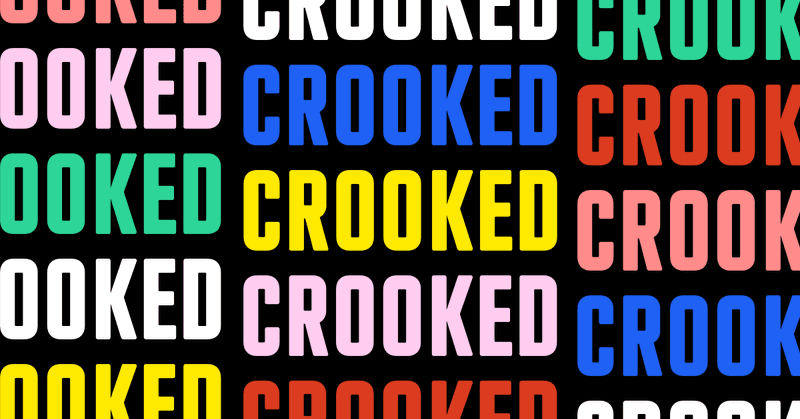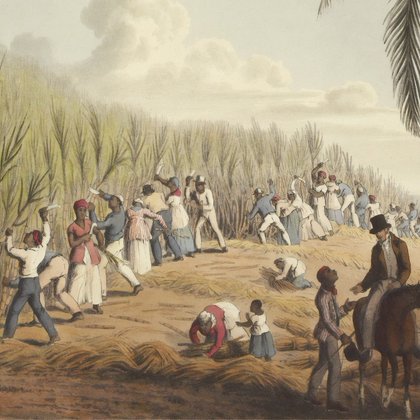
Justin Simard
@JustinLSimard
Followers
169
Following
31
Media
2
Statuses
16
Assistant Professor, @MSULaw. I study slavery, commerce, and the legal profession.
Joined July 2020
RT @PodSaveThePpl: NEW: @deray @HendersonKaya @DeAraBalenger & @pharaohrapture chat crime decrease with shortage of police officers, the sm….
crooked.com
0
4
0
RT @kmtani: Thanks to my colleague @DorothyERoberts for highlighting this NPR article -- which draws on research by @PennLaw/@PennHistory J….
0
7
0
RT @CitingSlavery: Judges and lawyers commonly cite to cases involving slavery for good legal precedent, but in 80% of the cases identified….
msutoday.msu.edu
When Michigan State University’s Justin Simard was conducting research for his dissertation, he came across a case predating the Civil War related to slavery that was cited as precedent in 2012.
0
9
0
RT @rachel_treisman: Cases involving enslaved people are still being cited as precedent: 18% of all published U.S. legal cases are within t….
npr.org
Michigan State law professor Justin Simard says 18% of all published American cases are within two steps of a slave case. His team has spent years documenting them, hoping to force a legal reckoning.
0
5
0
At the @CitingSlavery Project, we're working to make the ongoing legacy of the law of slavery visible. Visit to see the cases a team of @MSULaw student editors and I have collected.
1
3
6
Although this case may seem like an outlier, a reliance on the law of slavery in modern judicial opinions is surprisingly common. My research has turned up more than 300 examples of courts citing slave cases as good law in the last 35 years.
A Virginia judge ruled in a preliminary opinion that frozen human embryos can legally be considered property, or “chattel,” basing his decision in part on a 19th century slavery law. “It’s repulsive and it’s morally repugnant,” a lawyer said of the ruling.
1
17
35




